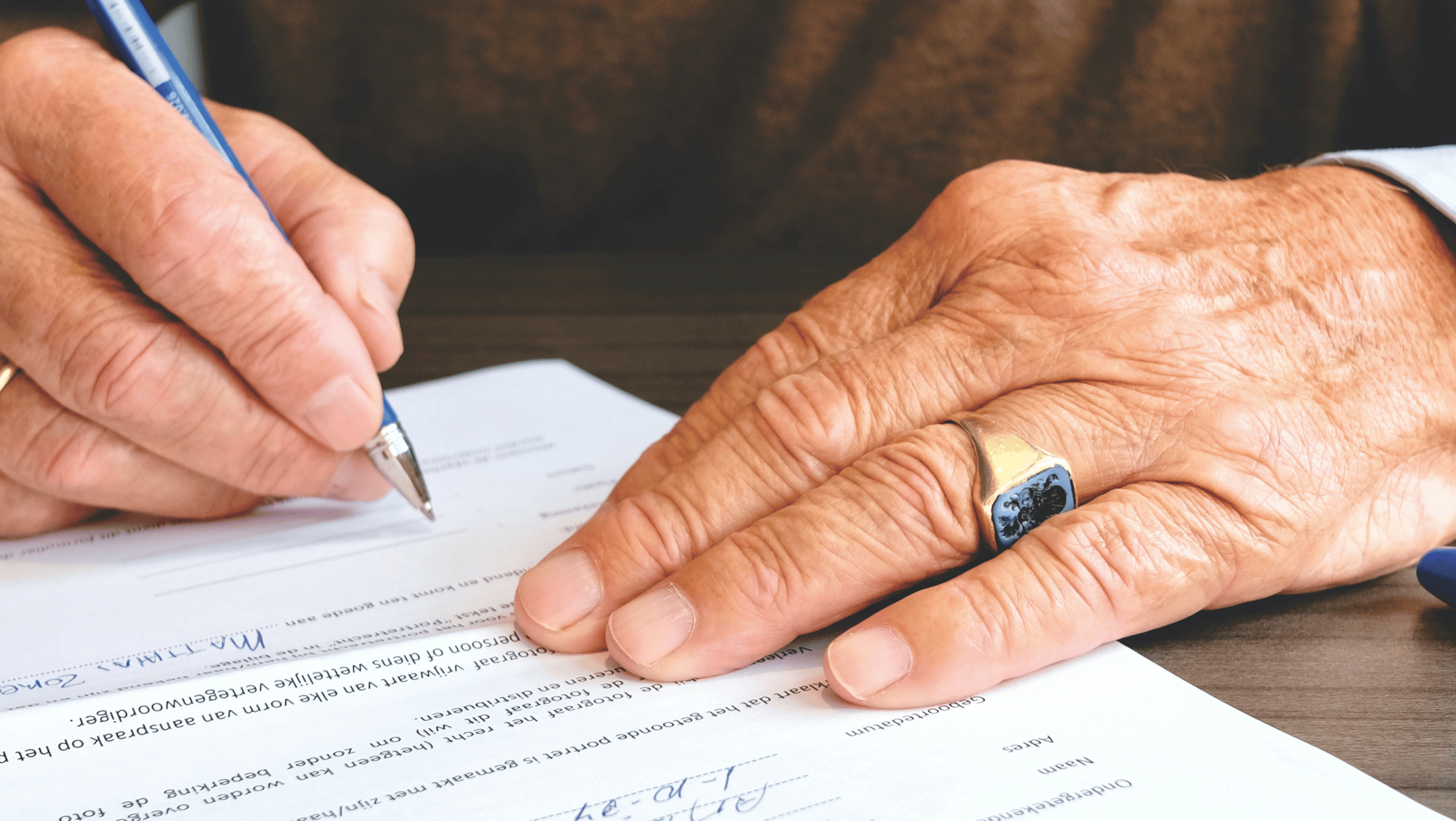When it comes to paying inheritance tax on an individual’s estate, working out what makes up that ‘estate’ is crucial for determining whether it falls within the ‘nil rate band’ of £325,000, and, if so, how much inheritance tax will be due.
In the case of lifetime gifts made by a deceased, the general rule is that a gift made within 7 years of death forms part of their estate, and thus is liable for inheritance tax if the overall net value of the estate exceeds the ‘nil rate band’.
Having stated the general rule, it is important to remember that there are, multiple exceptions to it, including gifts to spouses and charities. In the case of gifts to non-exempt beneficiaries, possibly the most favourable exception is the relief for gifts made out of an individual’s excess income.
For this exception to apply, a gift must form part of the normal expenditure of the donor and there must be an intention on the part of the donor to make gifts out of their surplus income.
Take the example of a £100,000 gift to the donor’s daughter, two years before his death. When it comes to proving that the gift was normal expenditure, HMRC will ask for evidence, either that this gift was part of a pattern over a period of time from the donor, or proof of intention by the donor to continue to make gifts out of surplus income going forwards.
Proving a pattern of gifting prior to death can be much easier, for example through bank statements. For this reason, it is important to seek advice when it comes to lifetime tax planning if you are intending to make gifts out of surplus income, so that can be taken when selecting when and how these gifts are made. For example, one might arrange to make regular payments or instalments to your children, rather than a lump sum gift. This will prove that the payment was not abnormal and was part of a settled pattern.
In contrast, proving that there was an intention to continue gifting is not so straightforward after death. For this reason, it is important to prepare for this when making such gifts, so that, when your estate is being administered, the recipient and your executors can give evidence of a realistic expectation that further gifts would be made.
The most efficient way to do this would involve putting together a written statement that outlines your intentions to make these gifts as a normal part of your expenditure.
Seeking advice about this can also assist you in proving that the gifts made are part of your ‘surplus income’. Firmly establishing these factors before death can assist the executors of your estate in proving that the gifts fall into this exception, and thus avoid paying inheritance tax on them. Depending on the size of the gifts in question, structuring one’s affairs appropriately can save a considerable amount of tax.
A donor should seek legal advice during their lifetime if they are thinking of making gifts out of surplus income to ensure there is sufficient evidence to prove a pattern of gifting and their intention to make such gifts. Retrospectively trying to prove this is extremely difficult and is often met with considerable resistance from HMRC on the grounds of lack of evidence to demonstrate that the deceased did intend to make gifts in this way.
The Private Wealth Team at Druces is able to advise clients on the evidence that would need to be provided to HMRC that any intended gifts would satisfy the gifts out of surplus income exemption. In this way we can help to avoid the problems that the executors may face when finalising the deceased’s tax affairs with HMRC.
If you do have further questions or require advice on estate planning and how to take steps to mitigate your exposure to inheritance tax, please speak to Paul Levy or Alice Johnson.

Paul Levy
Partner

Alice Johnson
Associate





